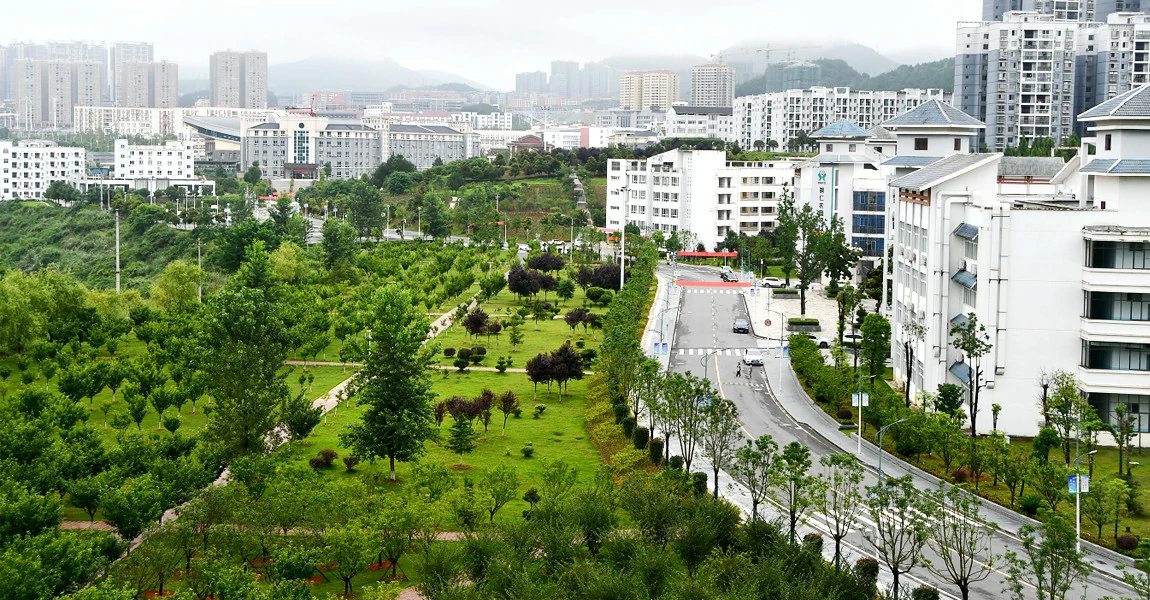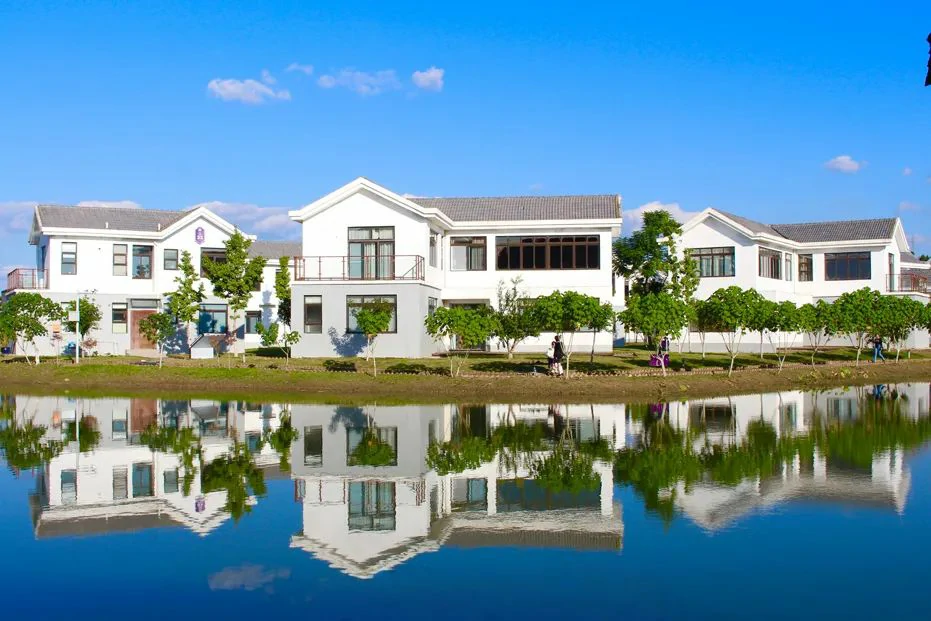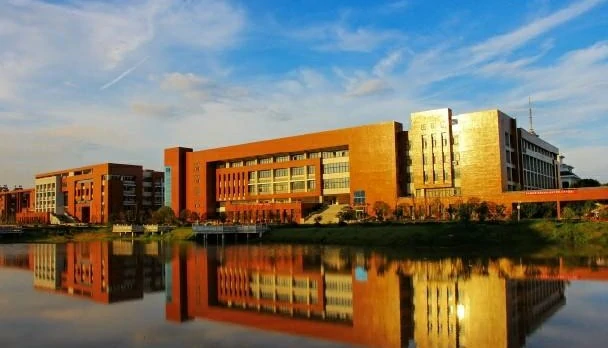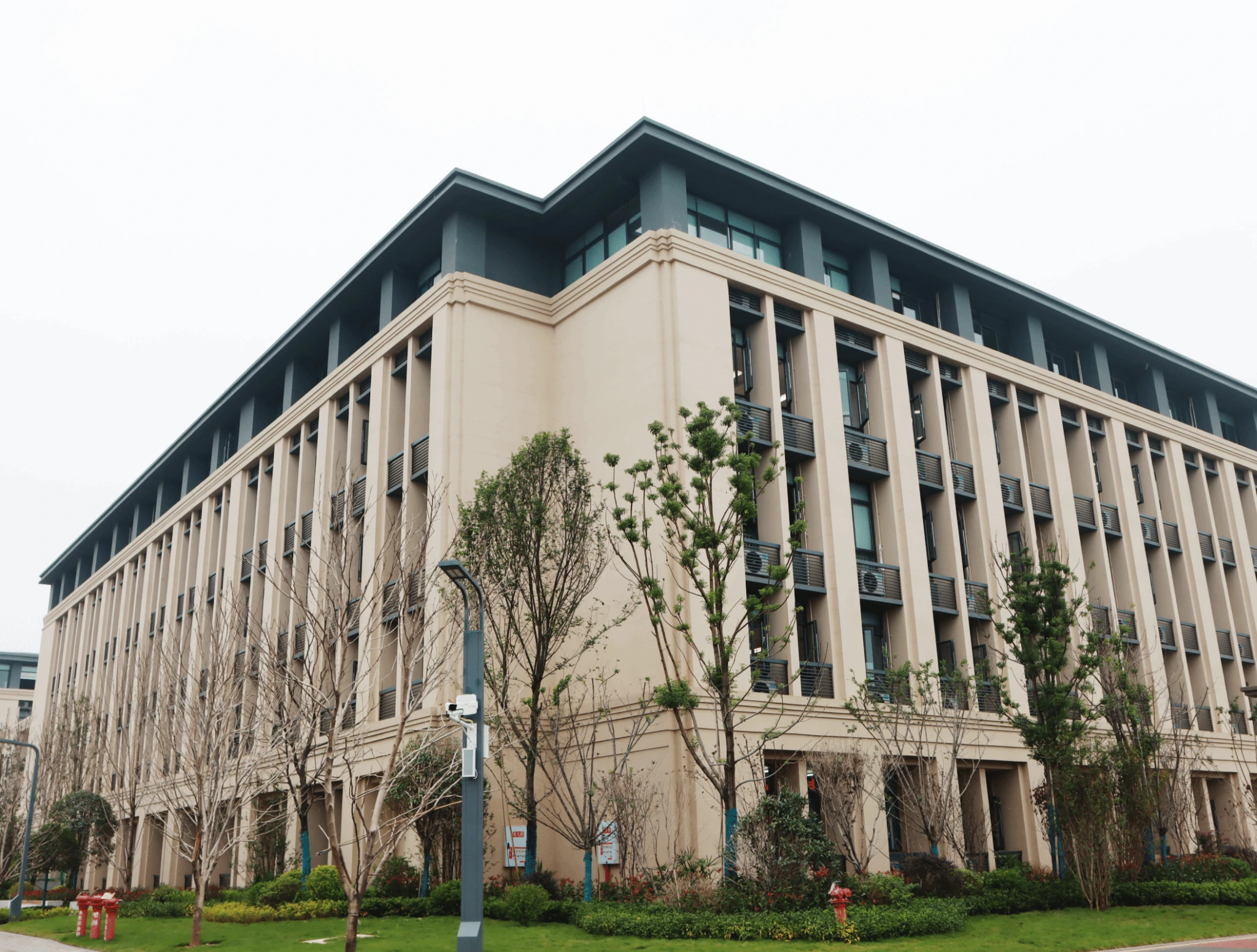
This university is located in the scenic city of Tongren, surrounded by mountains and rivers, offering a beautiful and tranquil campus environment. The 2026 Spring Chinese Language Program is now o...

University in Sichuan-Fast Offer Within 1 Week & 95% Success Rate! Program Details Basic Information: Majors: 1. Data Science & Big Data Technology 2. Logistics Management Degree: 4-...

Recently, a group of international students from the University of Science and Technology of China visited Yanzihe Experimental Middle School in Jinzhai county, Anhui province. The 12 international...

Mechanical Engineering in HUNAN Partial Scholarship The employment prospects of international students majoring in mechanical engineering are still very broad after graduation. They can find...

This 211 Project university is located in Nanjing, the capital of Jiangsu Province. The university provides international students with an excellent Chinese language learning environment, allowing you...

We recommend this university for the following reasons: ✔ Unique Location: Situated in Chongqing—a warm and welcoming tourist city. ✔ Popular Programs: The university offers two po...

0 Tuition & 0 Dorm Located in China's "Porcelain Capital" - Jingdezhen City, Jiangxi Province, this university is a prestigious institution specializing in ceramic arts, design and related fields...

When the sun crosses the celestial longitude of 135° on August 7, 2025, nature quietly begins autumn's prelude. As one of the "Four Commencements" in China's 24 solar terms, Liqiu (Be...

This university is located in Xi'an, Shaanxi—a historic and cultural city in China. It is home to the world-renowned Terracotta Warriors, where the charm of the ancient capital blends wit...

For friends who've never set foot in China, if your idea of the country still stops at postcard scenes of the Great Wall or the Forbidden City, or perhaps the neon-lit skyline of Shanghai, it's time...
Popular
SCG - October 27, 2025
Subscribe

